WORK PACKAGES

WP0: Project management and coordination
This WP deals with the overall coordination and management of the project. WP0 is headed by the Management Team (MT) and supported by project coordinators from DA, IRRI and PhilRIce who oversee and coordinate PRIME activities, and communicate project progress to the MT and project stakeholders. They are also responsible for maintaining a project management system and establishing clear communication channels between project partners, regional agencies and stakeholders.
Lead: IRRI and Philrice.
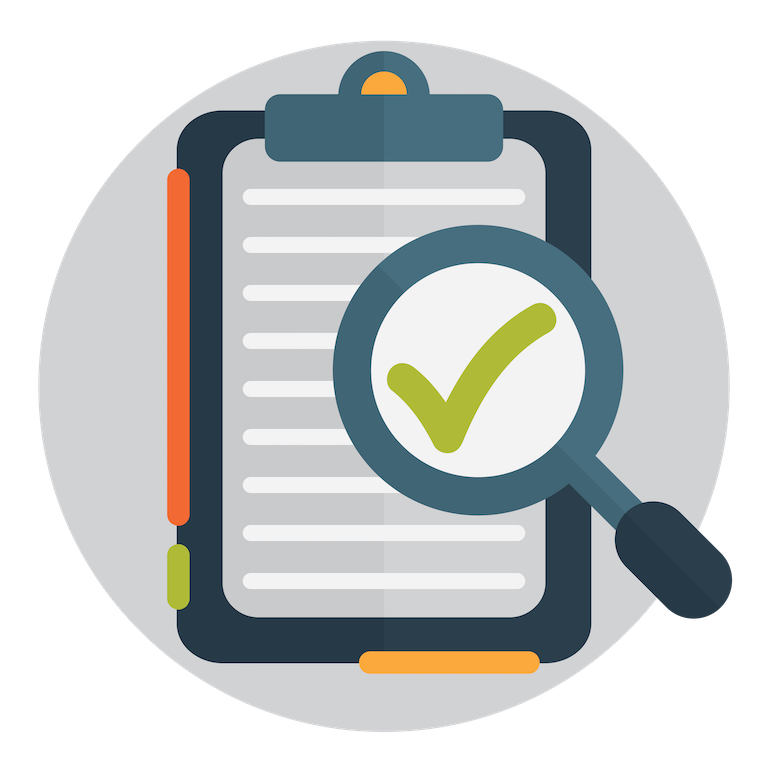
WP1: User requirements and evaluation
This WP deals with the analysis of the requirements of end users for a functional system and their evaluation of PRIME to ensure that it meets the needs of end users. Needs assessment and reflection workshop were among the activities conducted under this WP. Annual review meetings will be held with user groups to validate and quality control the PRIME products.
Lead: PhilRice and BPI
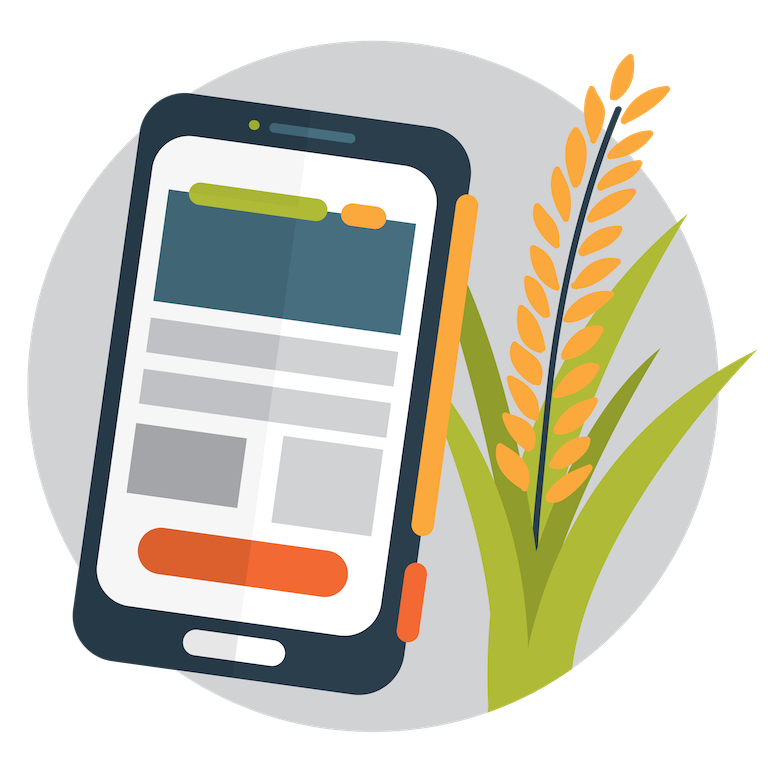
WP2: Field studies and experiments on risk factors for pest and disease outbreaks
This WP leads the conduct of field studies and experiments that will be used to identify risk factors for pest and disease outbreaks. This includes growth chamber and greenhouse studies (insect pests and diseases); monitoring of population and insect community dynamics; collection of data on disease incidence and severity, crop growth and leaf wetness; detection of tungro virus using ELISA test; and assessment of rat abundance.
Lead: IRRI and PhilRice
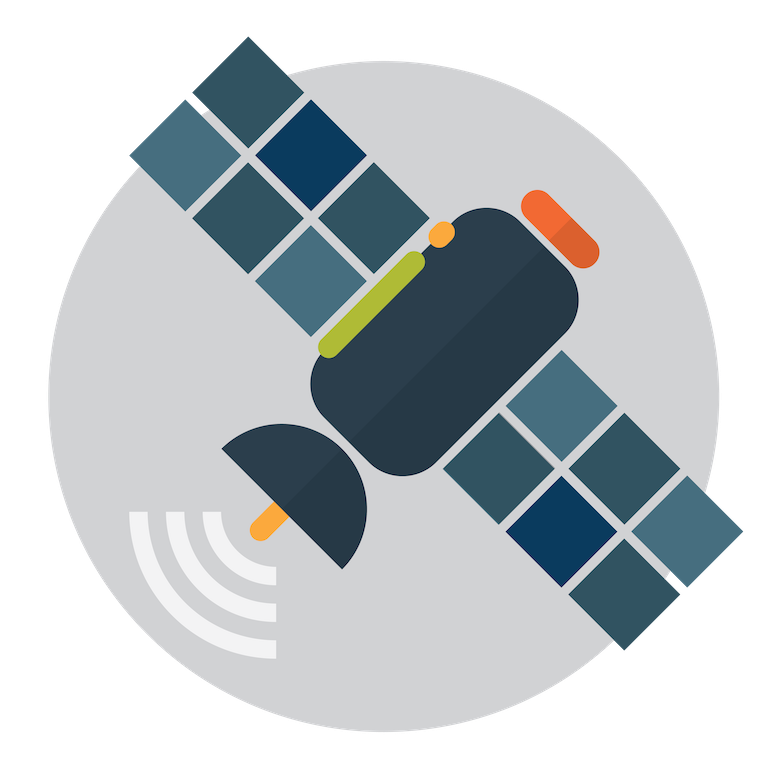
WP3: Remote-sensing-based crop mapping and monitoring
This WP deals with acquisition, processing, and interpretation of remotely sensed data on rice crop area, growth stage, and weather conditions, and further development of methodologies for deriving products from remote sensing for use as input to the models in WP4 (Risk factor analysis). WP3 will be involved in the improvement and development of methodologies for delineating ecosystem, crop establishment method, planting synchrony and other crop growth parameters needed for risk mapping in WP4. SAR data, multi-scale optical data and drones will be used in the processing and generation of outputs/products.
Lead: IRRI and ITC
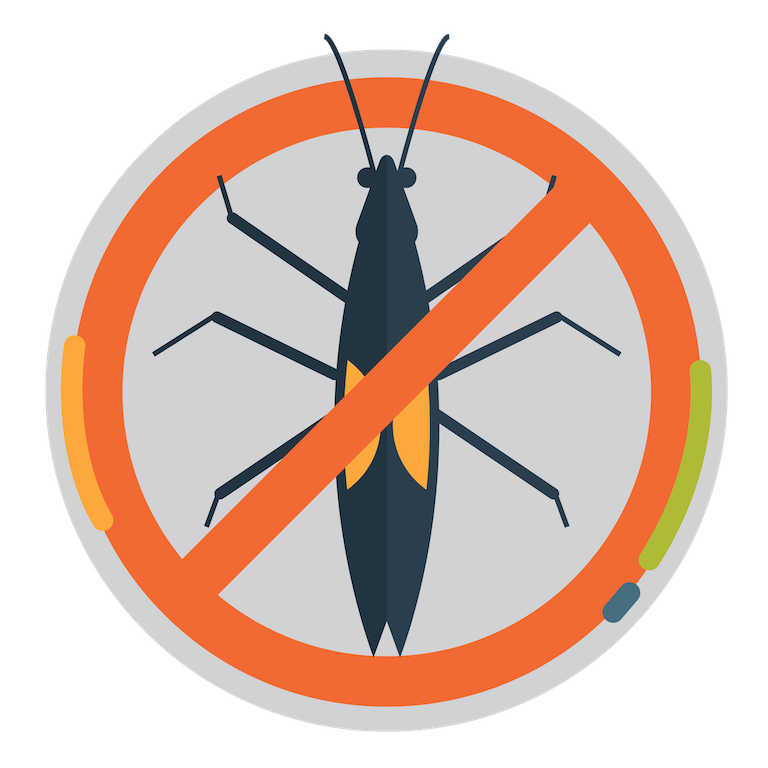
WP4: Analysis of risk factors for pest and disease outbreaks
This WP will identify risk factors for pest and disease outbreaks using data collected from replicated experiments (WP2), secondary data from published scientific articles, weather forecasts and remote sensing products obtained from WP3 (e.g., irrigated vs rainfed, crop establishment methods, planting synchrony, and other indicators of crop health and growth). Risk maps will be developed under this WP.
Lead: IRRI and PhilRice.
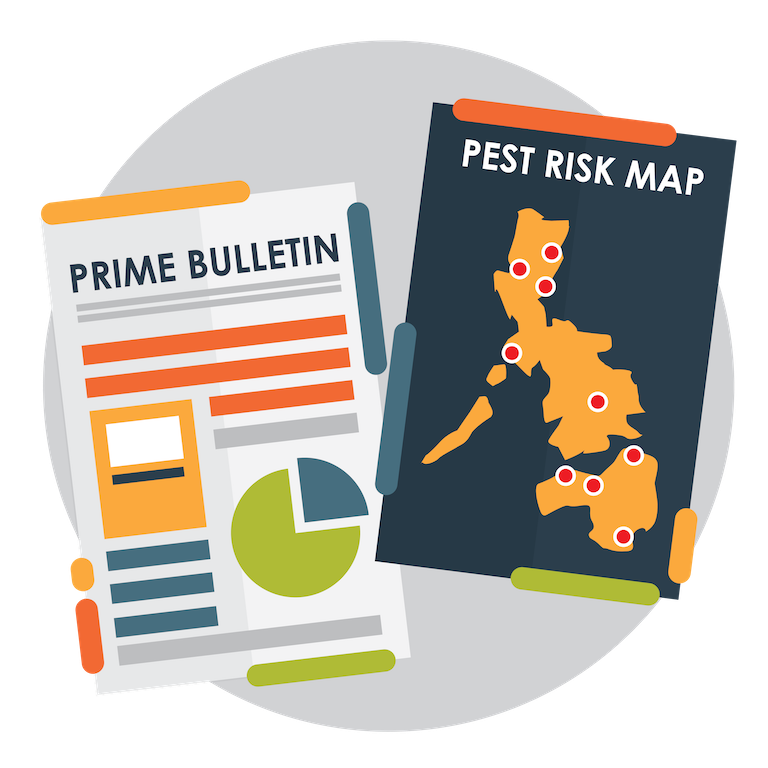
WP5: Pest and disease risk intelligence
This WP deals with the development of risk intelligence for five major pest and diseases, distributed as pre-season and within-season risk bulletins submitted to the DA. The risk intelligence is a set of information on risk factors, risk maps, and management strategies that can be used by the DA and/or other government agencies for better informed decision making with regards to national and regional IPM strategies.
Lead: IRRI and PhilRice

WP6: Capacity building
This WP caters to the enhancement of the capacity of project partners on remote sensing, and pest and disease risk mapping and modelling through trainings and workshops. This includes training-workshops on the conduct of field experiments, statistical data analysis, and protocol for ground truthing or validation of risk maps. Activities related to remote sensing will also be developed with support coming from University of Twente (ITC). Capacity building activities are designed to train project partners and prepare them for the handover of the operation and maintenance of PRIME.
Lead: IRRI and PhilRice
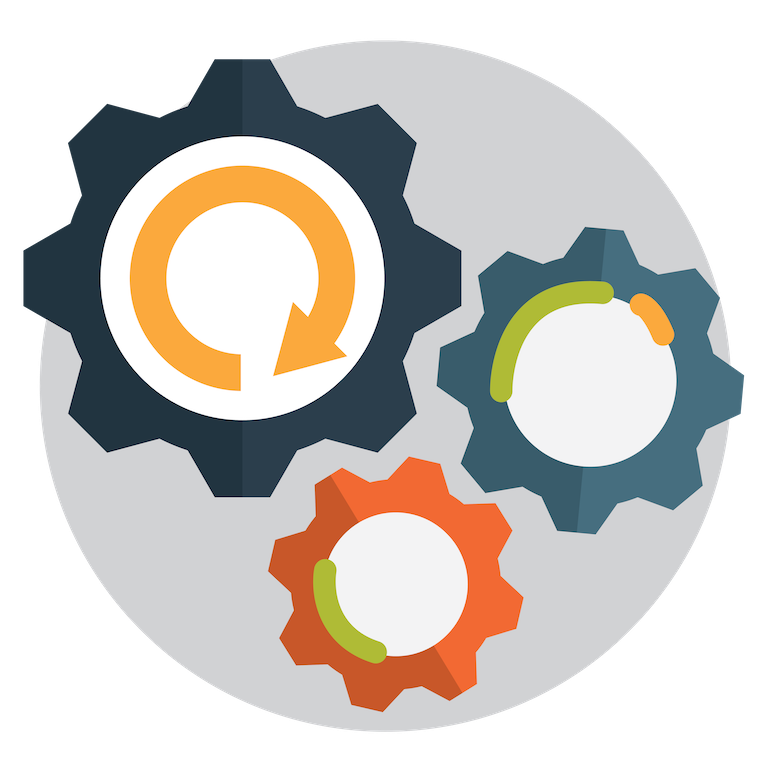
WP7: Sustainability Plan
This WP deals with the institutionalization of the PRIME project within DA beyond its research phase. By virtue of its mandate, BPI will assume PRIME operations and maintenance after project completion. Basic research to update and improve PRIME operations will be led by PhilRice. The sustainability plan will include estimates for human resources, infrastructure and cost of system maintenance. These estimates will be revised each year in the course of the project.
Lead: BPI and PhilRice
